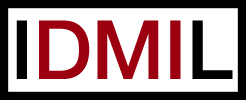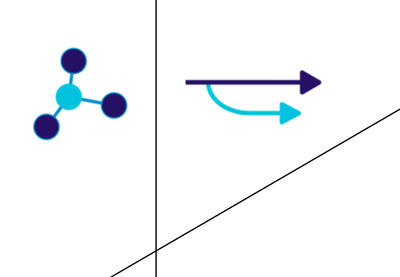This week, the IDMIL and CIRMMT are hosting an international workshop on intermedia mapping and scripting. A week-long series of presentations, round-table discussions, and hands-on work sessions culminates in a public workshop at CIRMMT on Friday afternoon.
About the workshop:
Digital artists today make extensive use of software tools to create interactive, dynamic time-based works on a variety of media, including sound, images, videos, etc. Though a variety of creativity support tools exist, these usually offer limited support to carry out two essential functions: advanced mapping of sensor information to control media synthesis, and accurate scripting of interaction behaviours over time. To tackle this issue, a group of Canadian researchers from the IDMIL (McGill University), Metacreation Lab (Simon Fraser University), GEM Lab (Dalhousie University), Dispersion Lab (York University) and Topological Media Lab (Concordia University) are joining forces to investigate the topic of Intermedia Mapping and Scripting.
The working group presents several tools and mapping softwares developed by the participants, including:
- libmapper: an open-source, cross-platform software library for declaring data signals on a shared network and enabling arbitrary connections to be made between them
- ossia
- score: an interactive sequencer for intermedia authoring. It allows to create flexible and interactive scenarios and is especially designed for live performance, art installations, museography or any context requiring a precise and interactive execution of timed events.
- libossia: l a framework for declaring an application’s functions as a discoverable/queriable tree of OSC nodes and parameters, with implementations for Max, Pd, openframeworks, Supercollider… and bindings for C, C++, C#, Java, python and more….
- Wekinator: allows anyone to use machine learning to build new musical instruments, gestural game controllers, computer vision or computer listening systems, and more.
The Friday afternoon session at CIRMMT is free and open to the public. Registration is required.
For in-depth information on the workshop and topics covered, see the IMS Workshop invitation letter (.pdf).

